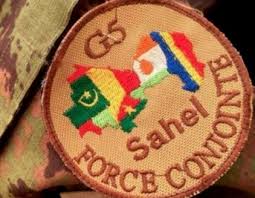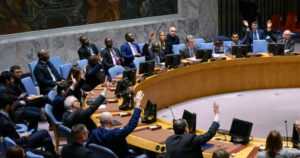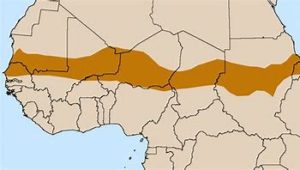 Liman Nadaw, consultant, centre4s.org
Liman Nadaw, consultant, centre4s.org
After Mali in September 2021, Burkina Faso in October 2022, Niger in March 2023, the Russian paramilitary company, Wagner, landed in Chad this April 2024. Of the five member countries of the G5 Sahel, only Mauritania has not yet succumbed to the offer of security services wrapped in the name of the famous German musician. In the first three countries, members of the Alliance of Sahel States, Wagner has supplanted the French military. In Mali, precisely, Russians have also taken the place of the United Nations peacekeeping mission in Mali (MINUSMA), which has left at the end of 2023 at Bamako request. In Chad, the Russian firm coexists with French and American military bases. That Wagner take over – increasingly renamed Africa Corps – of four of the G5 Sahel countries, announces the beginning of a “new geopolitical configuration”.
Read More
 ‘ Security Council is of interest to All including the Sahel »
‘ Security Council is of interest to All including the Sahel »
 The world over, terrorism devastating multiple effects and many consequences are well documented. However, the Sahel long lasting insecurity is an example of its terrorism specificities: more tribal and business rooted and focused than ideological based. That is its mark. Crossing through many independent states, the Sahel band is, east – west, 3.300 km long and, north – south, 1.600 km large. For centuries, it has been and still is largely a “free land” or a region largely off governments ‘control.
The world over, terrorism devastating multiple effects and many consequences are well documented. However, the Sahel long lasting insecurity is an example of its terrorism specificities: more tribal and business rooted and focused than ideological based. That is its mark. Crossing through many independent states, the Sahel band is, east – west, 3.300 km long and, north – south, 1.600 km large. For centuries, it has been and still is largely a “free land” or a region largely off governments ‘control.  Liman Nadaw, consultant, centre4s.org
Liman Nadaw, consultant, centre4s.org